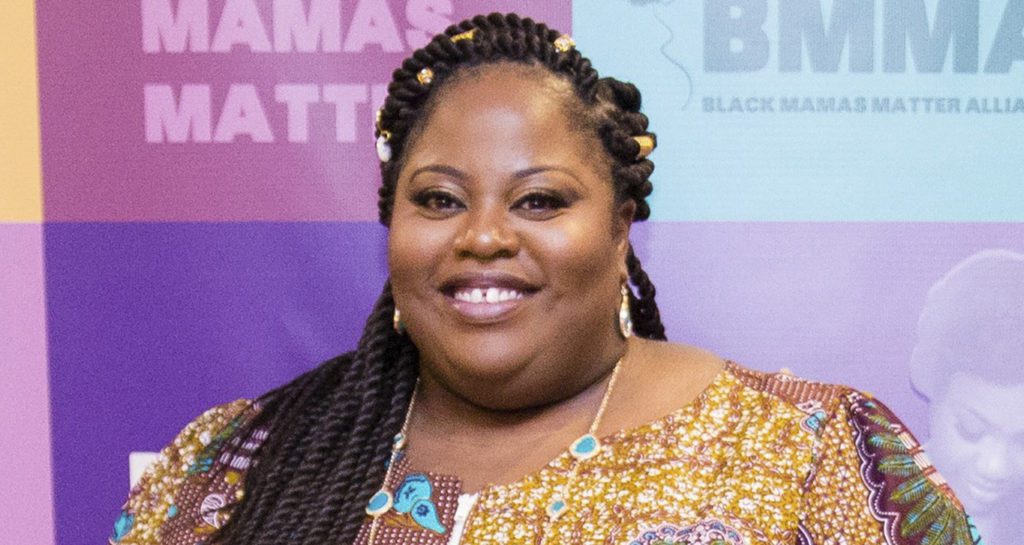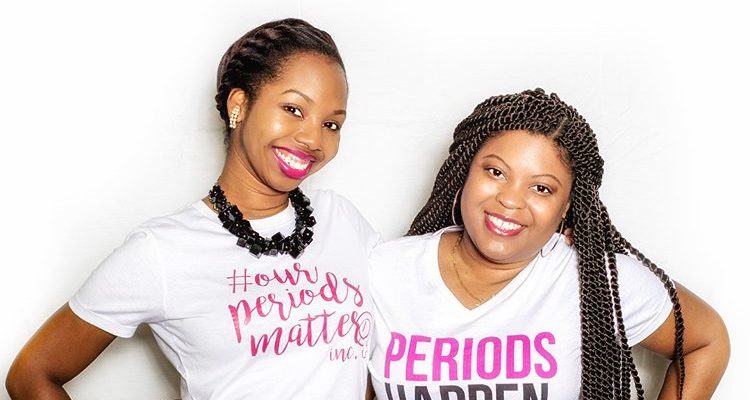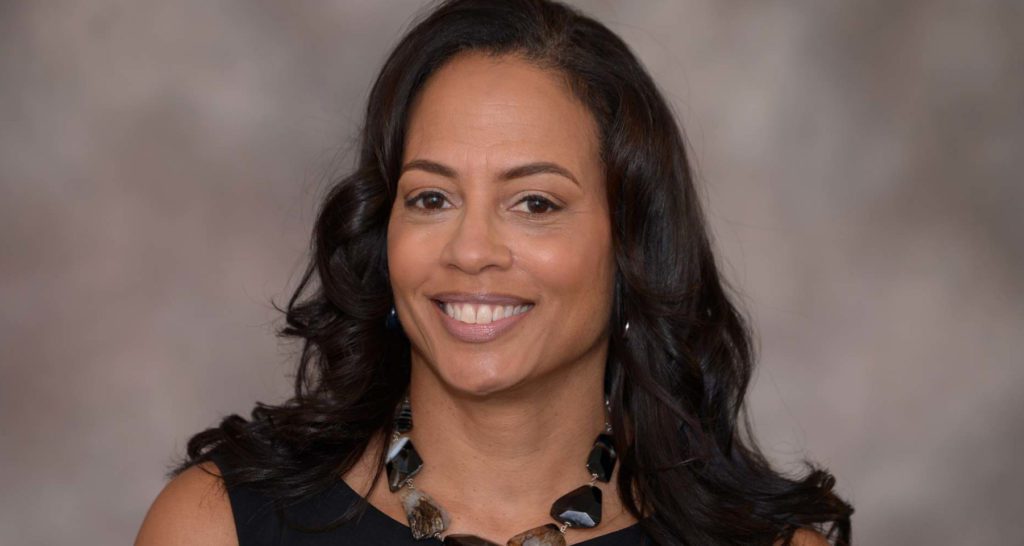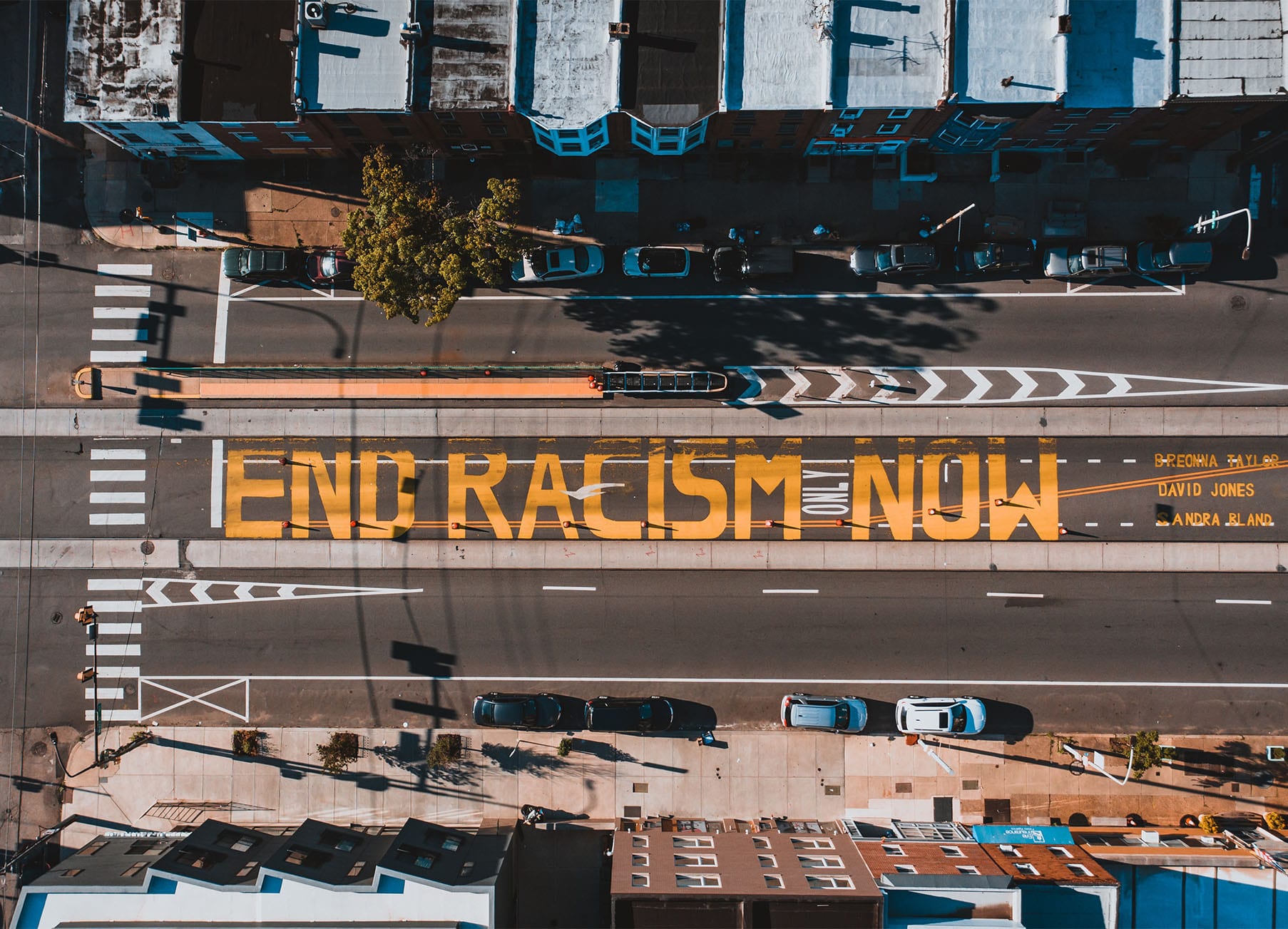Chelsea VonChaz of #HappyPeriod
Black History Month: Leaders in reproductive justice
ICYMI: This year’s theme for Black History Month, set by the Association for the Study of African American Life & History (ASALH), is centered on Black health and wellness.
“This theme acknowledges the legacy of not only Black scholars and medical practitioners in Western medicine, but also other ways of knowing (e.g., birthworkers, doulas, midwives, naturopaths, herbalists, etc.)” 1
Racial disparities are deeply entrenched within American healthcare—and they’re especially problematic in reproductive health. How do we begin to bridge the gap? By championing the knowledge and practices of Black leaders in healthcare, donating our time and money, and improving access to health education across all communities of color.
In the conclusion to their explanation of the 2022 BHM theme, the ASALH notes, “Black communities must look to the past to provide the light for our future, by embracing the rituals, traditions and healing modalities of our ancestors. These ways of knowing require a decolonization of thought and practice.”
As Black History Month comes to a close, we’re holding space to celebrate the Black leaders who have invested time, energy, and resources into the global fight for reproductive justice.
Where did the term “reproductive justice” come from?
Ever think about where the term “reproductive justice” came from? In 1994, a group of Black activists, the Women of African Descent for Reproductive Justice, issued a statement to members of Congress that garnered over 800 signatures.
The statement, which was published as a full-page ad in The Washington Post and Roll Call, says, “Reproductive freedom is a life and death issue for many Black women and deserves as much recognition as any other freedom.” 2
The statement continues, we “must include strong anti-discriminatory provisions to ensure the protection of all women of color, the elderly, the poor and those with disabilities. In addition, the plan must not discriminate on the basis of sexual orientation.”
The women’s rights movement, up until this point, largely centered the voices of white women and neglected the needs of BIPOC women, low-income people, and other marginalized groups.
As per the Black Women’s Reproductive Justice Agenda’s site, reproductive justice is “the human right to control our sexuality, our gender, our work, and our reproduction.” 3 The beliefs behind reproductive justice are:
1. The right to have children;
2. The right to not have children and;
3. The right to nurture the children we have in a safe and healthy environment.
Reproductive justice stemmed from a demand from almost 30 years ago, and today, it’s a human rights framework that we have Black women and activists to thank for.
Almost three decades after the initial demand for reproductive justice, Black women face health disparities in every aspect of healthcare. Issues like environmental racism, the maternal health crisis, racial disparities in diagnosis and treatment timelines, menstrual equity, and abortion access affect BIPOC communities disproportionately and often with more harm.
Today, we’re spotlighting Black leaders in reproductive justice who work to upend systemic inequities. These leaders fight for abortion justice, maternal health equity, Black health equity, and menstrual equity. Needless to say, we are huge fans and appreciators of the work they do.
1. Angela Doyinsola Aina, MPH of Black Mamas Matter Alliance


Angela Doyinsola Aina is the Co-Founder and Executive Director of Black Mamas Matter Alliance. She utilizes her extensive public health experience to incorporate health equity strategies into reproductive and maternal health initiatives, community-based workforce development, and data collection. She was featured in Time as a maternal health advocate.
Black Mamas Matter Alliance is a Black-women-led alliance that works to change policy for Black maternal health outcomes, collect research, and advance care for Black birthing people that’s rooted in a Black feminist framework.
The issue:
The maternal mortality crisis is one of several alarming health inequities Black people face—Black birthing people are three times more likely to die during pregnancy than their white counterparts. 4 In 2018, Black women in New Jersey had a maternal death rate of 102.3 (deaths per 100,000 live births), seven times the maternal death rate of white women. 5 Black maternal mortality rates speak loudly to institutionalized racism in our healthcare systems.
2. Jackie Edouard and Zakia Haughton of Our Periods Matter


Jackie Edouard and Zakia Haughton are the founders of Our Periods Matter, an organization launched in 2016 to provide period care kits to homeless menstruators. Low-income menstruators are often faced with the decision of buying period products or food. Both Edouard and Haughton knew that this wasn’t a choice someone should ever have to make, which was part of the fuel behind launching the organization.
Our Periods Matter also partners with other organizations to strengthen the mission of making period products more accessible to homeless and low-income menstruators. They host pack parties (where you make a menstrual product kit) and are growing to expand past the six cities they serve.
The issue:
In the U.S., 30 states still charge a tampon tax on period products because they are deemed a “luxury item,” whereas products like Rogaine® or condoms are classified as essential. The tampon tax makes accessing period products another barrier for low-income and houseless menstruators.
3. Linda Goler Blount of the Black Women’s Health Imperative


Linda Goler Blount is the President and CEO of Black Women’s Health Imperative. Blount is an epidemiologist and expert scientist who has held roles at the CDC and as the first national vice president of health disparities at the American Cancer Society. Blount has also overseen more than $20 million invested in Black women’s health and research.
Black Women’s Health Imperative advocates for policies that improve Black women’s health, educate the next generation of leaders, and run special initiatives and signature programs around health equity. The organization publishes reports on disparities such as the infrastructure crisis and its impacts on low-income communities and communities of color.
The issue:
We found the Black Women’s Health Imperative through the “Black Maternal Health and the Climate Crisis” congressional briefing. Climate change impacts BIPOC and low-income communities at disproportionate rates than their white counterparts. Further, climate change impacts birth outcomes and contributes to the maternal death rate.
A 2017 study found that “for every 10° increase in temperature in California, there is an average increase in preterm delivery of 8.6%, but for Black women, that increase is almost 15%.” 6 Rising temperatures, air and water pollution, and other environmental hazards harm marginalized groups who are more likely to live in heavily polluted areas, called sacrifice zones.
Environmental racism is the term to codify these disproportionate injustices of climate change and environmental hazards on communities of color. If your environment is unsafe, reproductive health is at risk. Reproductive justice and environmental justice are, therefore, intrinsically linked.
4. Young Black Women for Choice (YB4C) of The Afiya Center
YB4C is the young professionals initiative at The Afiya Center, which is comprised of young Black activists and allies in Dallas, Texas. They’re working to amplify Black voices in the abortion justice movement.
The Afiya Center works diligently on abortion access, HIV programming, maternal mortality, and reproductive justice. The center also advocates for all Texans to have support, no matter the circumstance. The Afiya Center acknowledges a perceived double standard in that Black birthing people are stigmatized for having children and further shamed for seeking abortions.
The issue:
The Texas abortion ban on abortion after six weeks (before most people know they are pregnant) will harm BIPOC communities most. 7 “Unplanned pregnancies are associated with higher rates of maternal mortality, prematurity, and infant mortality.” SB.8. compounds the damage from the racist Texas healthcare system and disproportionately impacts Black people.
5. Chelsea VonChaz of #Happy Period
If you’ve ever purchased a Flex® product, you may have noticed there’s an option at checkout to support menstrual equity and donate to #HappyPeriod.
Meet Chelsea VonChaz, the face behind the organization. Beyond being an entrepreneur, running a charity, and curating period product displays to end menstrual stigma, VonChaz is also a board member of Period Equity. VonChaz felt called to menstrual equity work after seeing a houseless person cross the street with period-blood-stained pants due to lack of resources.
Happy Period collects products, assembles them into kits, and distributes them on the street. The charity also ships to various shelters and communities like veterans, people with disabilities, and LGBTQ+ folks. Happy Period works to accomplish VonChaz’s goal—ending period poverty.
The issue:
Access to affordable menstrual products disproportionately harms BIPOC menstruators and low-income people. Period poverty may translate to using socks, toilet paper, or other materials for period care. The effects of period poverty may also result in using tampons for longer than instructed, putting menstruators at risk for Toxic Shock Syndrome (TSS). It also means young people might miss school just because of their period.
Resources: Black History Month 2022 & reproductive justice
Today, we’ve taken a look at some of the tremendous work leaders in the reproductive justice sphere are up to. The issues of abortion justice, menstrual equity, maternal health equity, and environmental racism are compounded by white supremacy—these are all systemic issues. We are incredibly grateful for the work of these leaders, their organizations, and the people who help support them.
Awareness and education are the first steps towards change, but it’s equally important to participate, donate, and support whenever and however you can. Here are some resources to get you started:
READ // 📚
- Reproductive Injustice by Dána-Ain Davis
- Sickening by Anne Pollock
- White Fragility by Robin Diangelo
- How to Be an Antiracist by Ibram X. Kendi
LISTEN // 🎧
- Race & Health Podcast @raceandhealth
- Therapy for Black Girls Podcast @therapyforblackgirls
- Code Switch from NPR @nprcodeswitch
DONATE // 💝
- Black Women’s Reproductive Justice Agenda @blackwomensrj
- National Black Leadership Commission on Health @natlblackhealth
- Black Women’s Health Imperative @blkwomenshealth
- National Black Doulas Association @nationalblackdoulas
- Black Mamas Matter Alliance @blackmamasmatter
- Happy Period @wearehappyperiod
- The Afiya Center @theafiyacenter
© 2022 The Flex Company. All Rights Reserved.
- ASALH. (2021, January 2). The founders of Black History Month | Black history themes. https://asalh.org/black-history-themes/[↩]
- Why black women issued a public demand for ’reproductive justice’ 25 years ago. (2019, August 16). The Washington Post. https://www.washingtonpost.com/nation/2019/08/16/reproductive-justice-how-women-color-asserted-their-voice-abortion-rights-movement/[↩]
- Reproductive justice – In our own voice. (n.d.). In Our Own Voice – National Black Women’s Reproductive Justice Agenda. https://blackrj.org/our-issues/reproductive-justice/[↩]
- Black women over three times more likely to die in pregnancy, postpartum than white women, new research finds. (2021, December 6). PRB. https://www.prb.org/resources/black-women-over-three-times-more-likely-to-die-in-pregnancy-postpartum-than-white-women-new-research-finds/[↩]
- State summaries New Jersey | 2018 health of women and children report. (2018). America’s Health Rankings. https://www.americashealthrankings.org/learn/reports/2018-health-of-women-and-children-report/state-summaries-new-jersey[↩]
- Isaac, F. (2021, April 9). Climate change is hurting expectant Black mothers. American Bar Association. https://www.americanbar.org/groups/environment_energy_resources/publications/natural_resources_environment/2020-21/winter/climate-change-hurting-expectant-black-mothers/[↩]
- Blumenthal, D., & Zephyrin, L. (2021, September 22). Texas’s new abortion law will harm people of color, further entrench racist policies. Commonwealth Fund. https://www.commonwealthfund.org/blog/2021/texass-new-abortion-law-will-harm-people-color-further-entrench-racist-policies[↩]








